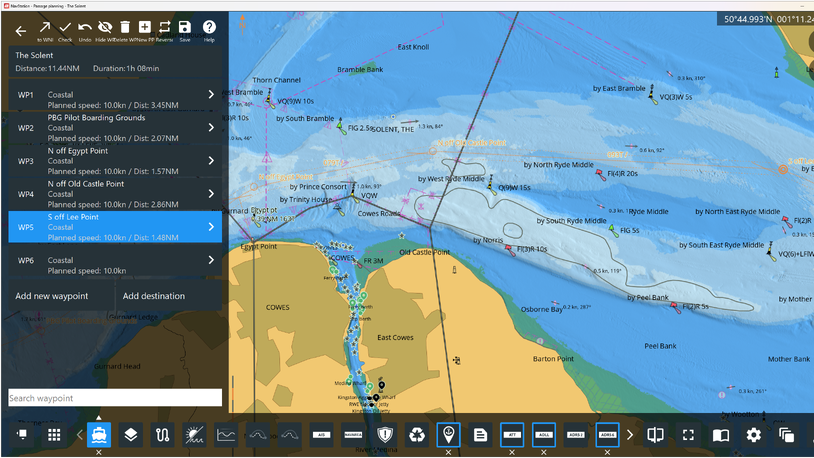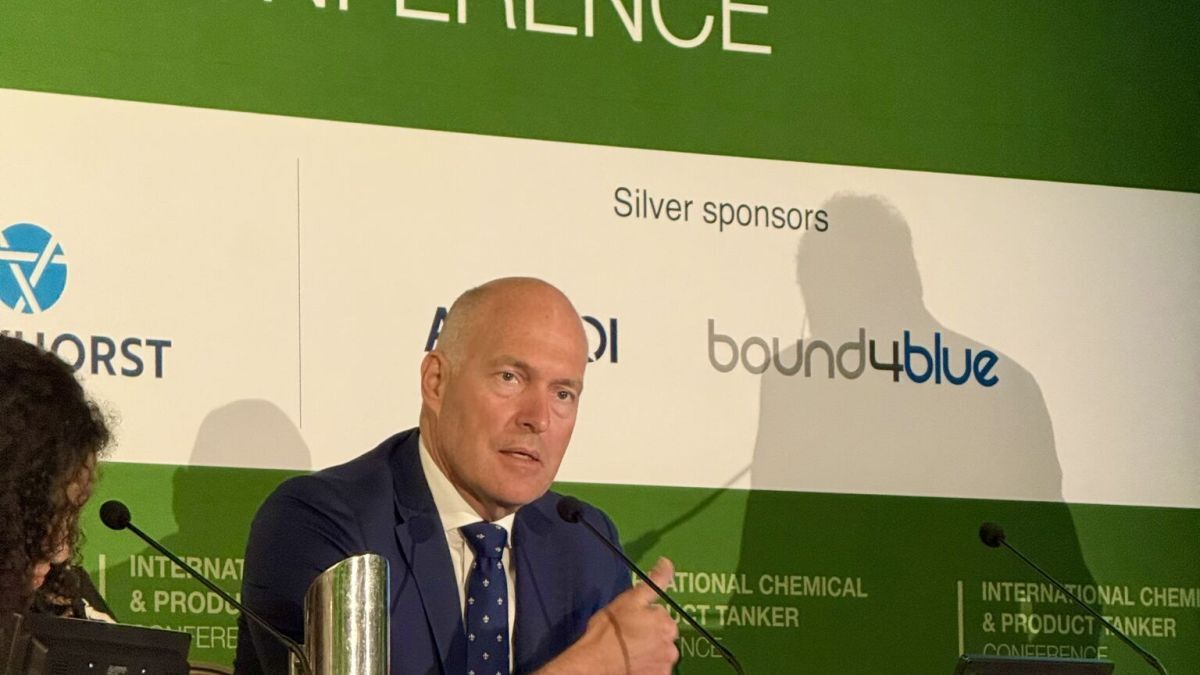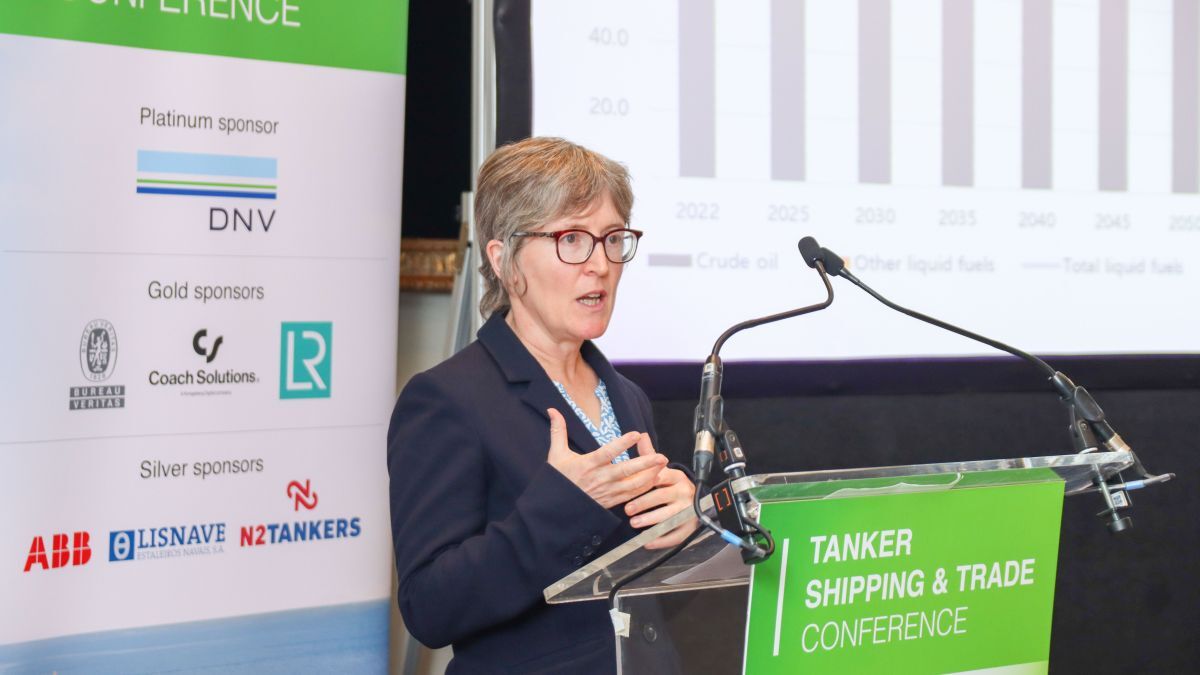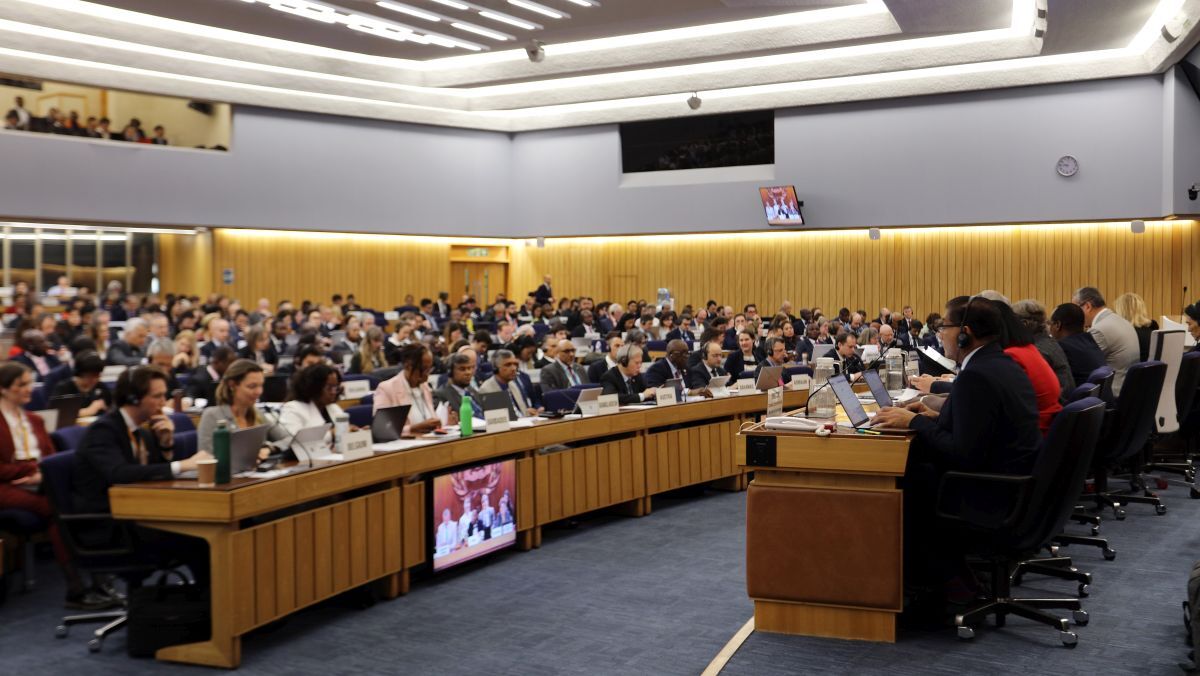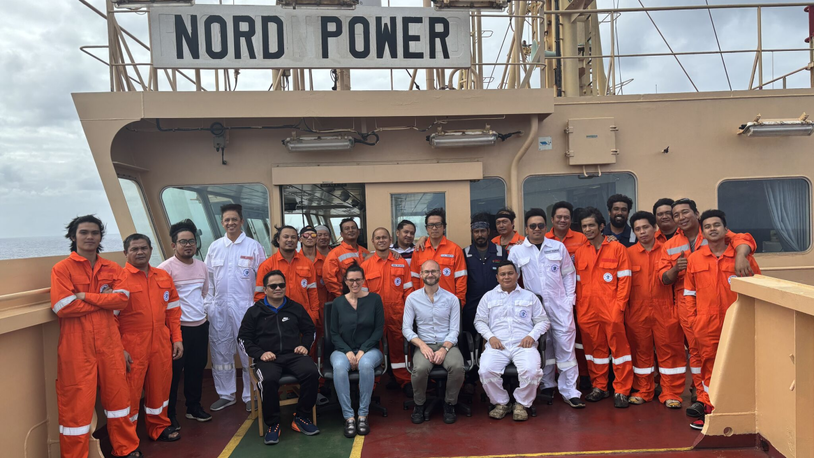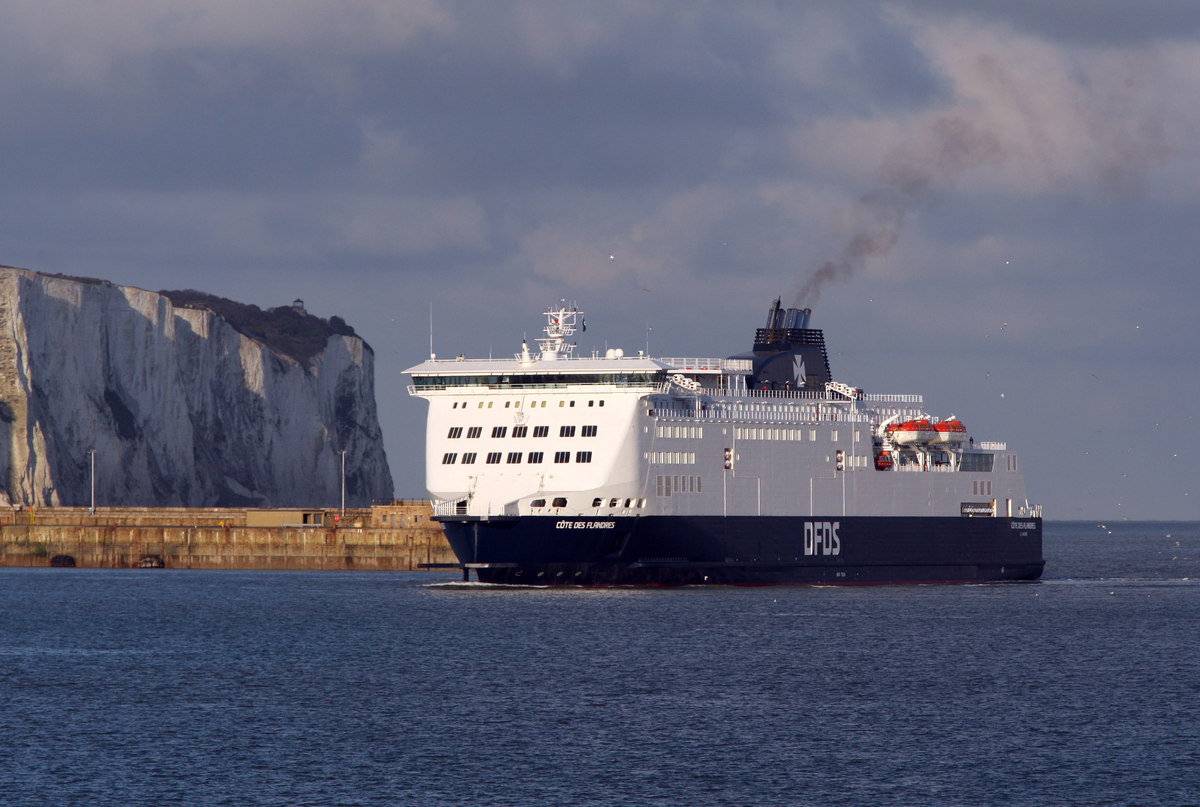Business Sectors
Events
Contents
Update: testing centre reports problems with cashew nut-based biofuel blends
Singapore and Rotterdam ports respond to recommendations from a Singapore-based fuel testing group that shipowners avoid cashew nut fuels and blends
Singapore’s Maritime Port Authority has issued a response to Singapore-based fuel testing company Maritec noting that "All bunker fuels supplied in the Port of Singapore must meet the ISO 8217 standards".
"The Maritime and Port Authority of Singapore (MPA), in consultation with relevant industry experts, has also developed a provisional national standard on specifications of marine biofuel (WA 2:2022) to supplement the international standards.
An enhanced set of testing parameters has been implemented on 1 June 2024, in addition to the existing quality assurance measures, to test the quality of fuels upstream before they are supplied as bunker fuel in Singapore.
To date, MPA has not received reports of vessels experiencing operational problems related to fuel bunkered in Singapore. Reports received will be investigated by MPA," the MPA said.
The Port of Rotterdam Authority told news agency Reuters that port authorities had not received reports of problems with bunker fuels.
22 November
’Several’ ships in the fuel bunkering hubs of Singapore and Rotterdam have reported operational problems after apparently bunkering fuel blended with Cashew Nutshell Liquid (CNSL), according to Singapore-based fuel testing group Maritec.
A naturally occurring byproduct of the cashew nut industry, CNSL is a type of biofuel that is not derived from fatty acid methyl esters (FAME), a primary component of biodiesel.
CNSL is, according to UAE-headquartered CTI Group’s subsidiary Maritec, a "low-cost alternative renewable fuel".
"It’s a substituted phenol, which is highly reactive and less stable owing to its high iodine value. The application of CNSL is known in the production of plastic, resin, adhesives, laminates, and surface coatings. CNSL has high acid values and is therefore highly corrosive as well. High Potassium found in CNSL blend fuels cause serious post-combustion deposits and corrosion of turbocharger nozzle rings," Maritec said in a fuel alert the company issued to the industry.
Maritec said that it had received reports of problems including fuel sludging, injector failure, filter clogging, system deposits and corrosion of turbocharger nozzle rings from vessels bunkering in Singapore and Rotterdam.
Based on the reported problems, Maritec said it carried out specialised fuel tests, using extended Gas Chromatography Mass Spectrometry (GC-MS) testing for Very Low Sulphur Fuel Oil (VLSFO) samples from the affected vessels. The testing, according to Maritec, showed the presence of high concentrations (>10,000 parts per million or PPM) of cardol, cardanol, anacardic acid and other alkyl resorcinols.
"All mentioned compounds, which are substituted long chain phenols, indicated the fuel was blended with Cashew Nutshell Liquid from undeclared source materials or production processes," Maritec said.
"There is no specification available for CNSL from any authorised body," the company said.
"CTI-Maritec recommends that shipowners should not use 100% CNSL as a marine fuel or use CNSL as a blending component in marine fuel, which is contrary to the guidance by IMO on best practices for suppliers on the quality of fuel oil delivered to ships."
Maritec cited an international standards organisation (ISO) standard, ISO:8217, which specifies accepted BioFuels such as FAME-based biofuels, Hydrotreated Vegetable Oil (HVO), defined by specifications EN 14214, ASTM D6751 and EN 15940 respectively.
These fuels are now established and acknowledged by equipment manufacturers, class societies and flag states as ‘drop-in’ fuels, Maritec said.
Sign up for Riviera’s series of technical and operational webinars and conferences:
- Register to attend by visiting our events page.
- Watch recordings from all of our webinars in the webinar library.
Related to this Story
Women in Maritime Today: Elin Saltkjel says no day working in maritime is dull
Events
Maritime Environmental Protection Webinar Week
Cyber & Vessel Security Webinar Week
The illusion of safety: what we're getting wrong about crews, tech, and fatigue
Responsible Ship Recycling Forum 2025
© 2024 Riviera Maritime Media Ltd.

